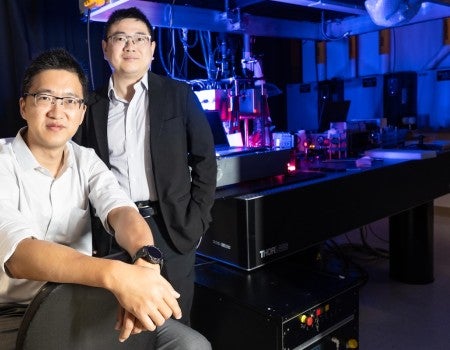
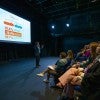
Visual Communication Symposium draws crowd to campus
Rice’s Program in Writing and Communication hosted the third iteration of the Visual Communication Symposium at the Moody Center for the Arts March 2-3.

Rice's SynthX Center is leading a new effort to improve how doctors detect and diagnose lymphatic diseases....
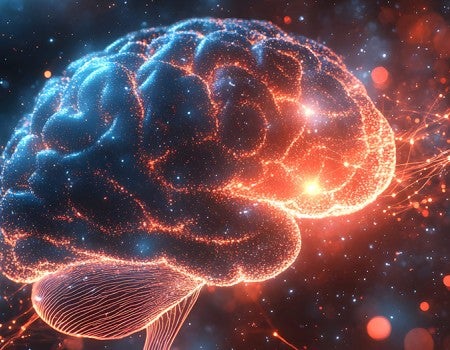
A technology designed to read gene activity in the brain from a simple blood test has now cleared a major translational hurdle....
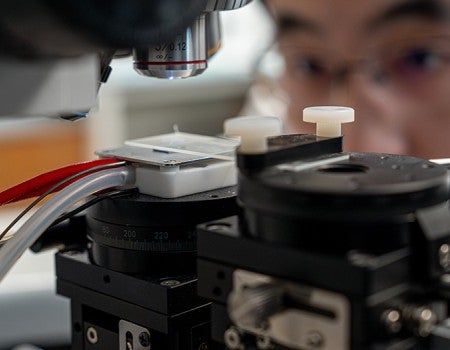
Researchers at Rice have shown that hard-to-spot defects in a widely used two-dimensional insulator can trap electrical charges and locally weaken th...

On Feb. 17, the SSPEED Center welcomed Jed Anderson, founder and CEO of EnviroAI, for a lecture on environmental AI permitting. ...

The Rice women's basketball team was crowned the American Conference regular season champion after a 77-66 win at Temple Wednesday night at The Liacou...
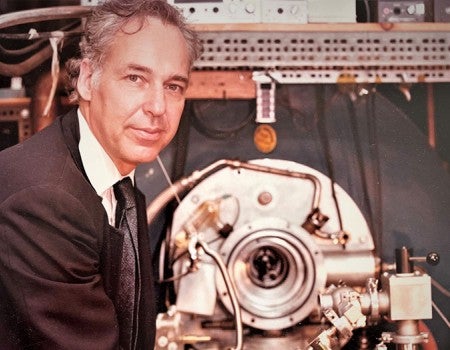
Frank Klaus Tittel, a physicist whose career paralleled the rise of modern laser technology and who helped build Rice’s reputation in laser spectrosc...
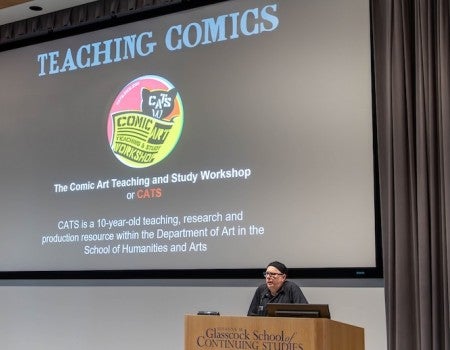
Art teachers, artists and comics enthusiasts gathered at Rice University Feb. 20 for Teaching Comics, a one-day symposium exploring how comics can fun...
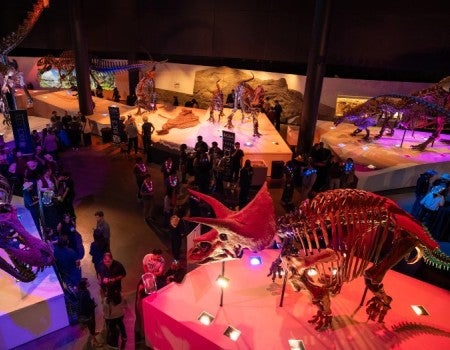
Nearly 700 prospective graduate students, current scholars, faculty and staff gathered at the Houston Museum of Natural Science for Rice University’s ...

Martono, a second-year master’s student in violin performance, won the title of Miss Chinatown Houston 2025, her first-ever pageant....
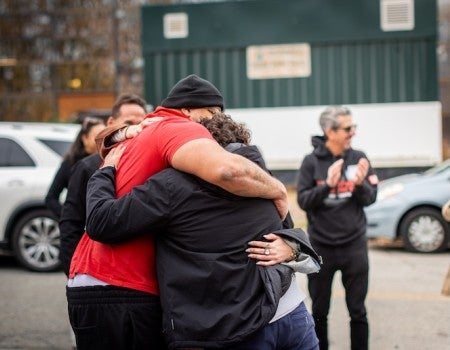
Undergraduates at Rice are digging into real, possible wrongful conviction cases this semester, examining evidence to bring renewed attention to indiv...
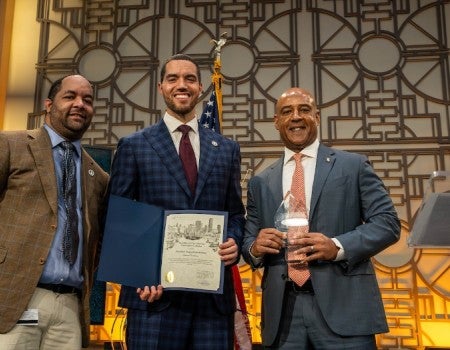
Rice President Reginald DesRoches was honored with a Community Trailblazer Award Feb. 19 by the city of Houston’s controller Chris Hollins during his ...
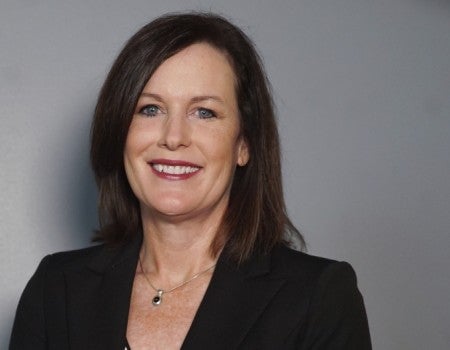
Rice commends Stacy Mosely for 14 years of service. As executive senior associate athletic director/senior woman administrator, Mosely maintains admin...

Visual Communication Symposium draws crowd to campus
Rice’s Program in Writing and Communication hosted the third iteration of the Visual Communication Symposium at the Moody Center for the Arts March 2-3.
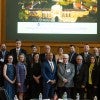
Rice hosts delegation of Brazilian higher education leaders
Rice President Reginald DesRoches, along with a cadre of university administrators and the Office of International Students and Scholars, hosted a Fulbright Brazil delegation of Brazilian university presidents, provosts and other leaders in the country’s higher education world March 9.
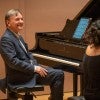
British-born classical pianist Sir Stephen Hough gives Shepherd School master class
British-born classical pianist, composer and writer Sir Stephen Hough gave a master class for Shepherd School of Music students March 8 in Duncan Recital Hall.

Rice alum Cristian Măcelaru returns to guest conduct Shepherd School Symphony Orchestra
Rice University Shepherd School alum Cristian Măcelaru, music director of the Orchestre National de France, conducted the Shepherd School Symphony Orchestra’s March 4 performance of Gabriela Lena Frank’s “Concertino Cusqueño,” Debussy’s “Jeux” and Rachmaninoff’s “Symphonic Dances, Op. 45.”
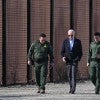
Biden border policy will further strain Mexico’s asylum system, report says
President Joe Biden’s proposed border policies will put further strain on Mexico’s struggling asylum system and may endanger refugees, according to a new brief from Rice University’s Baker Institute for Public Policy.

Rice Alliance Clean Energy Accelerator opens Class 3 applications for energy transition ventures
The Rice Alliance for Technology and Entrepreneurship is accepting applications for Class 3 of its Clean Energy Accelerator, the premier energy transition accelerator in Houston, through April 14.

Owls sweep UAB in C-USA opening series
The Rice Owls baseball team swept UAB in its last Conference USA opening series this past weekend.

Rice men’s, women’s basketball teams grab postseason victories over weekend
The Rice men’s and women’s basketball teams will both be advancing to the second rounds of their respective postseason tournaments after pulling out first-round wins over the weekend.
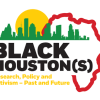
A first-of-its-kind symposium March 23-24 will be centered on highlighting the shifting, dynamic contributions that Afro-Diasporic communities have made to Houston throughout its history and in the present day.
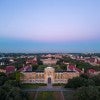
Cherukuri provides update on Office of Innovation
Rice Vice President for Innovation Paul Cherukuri shared an update on the Office of Innovation in a recent email to the university community.